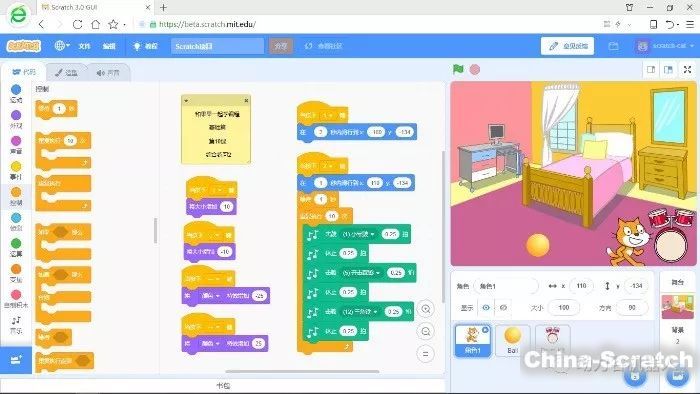资讯内容
用什么代替“对不起” What to Say to Little Kids Instead of "Say Sorry"
用什么代替“对不起”
What to Say to Little Kids
Instead of "Say Sorry"
作者/Author - Michelle Woo
为了给女儿挑选一个好的学校,我参观了许多幼儿园。在其中一个幼儿园的操场上,我看到孩子们在滑滑梯时,一个小男孩不小心踩到了一个小女孩的手指,小女孩疼的放声大哭。但是,接下来发生的事让我震惊。
When touring different preschools for my daughter, I visited one where I got to observe the kids playing on the playground. While climbing the ladder on the slide, a little boy accidentally stepped on a little girl’s finger, and she started crying. What happened next left me astounded.

3岁的小男孩走到小女孩身边,看着她的眼睛问道:“你还好吗? 需要我给你拿一条湿毛巾吗?“
她擦了擦眼泪,摇了摇头,然后他们俩便继续去玩滑滑梯了。
The boy, who was 3, went up to the girl, looked her in the eye and asked, “Are you okay? Can I get you a wet towel?”
She wiped her tears, shook her head no, and they both went back to playing.
我问站在我旁边的老师:“他为什么不说‘对不起’呢?”
“我们不会让孩子说'对不起'。”她解释道。 “如果没有采取行动帮助改善事情的状况,那么‘对不起’这个词并不具备任何意义。”
I looked at the preschool director, like, uh, what was that?
“We don’t make kids say ‘sorry,’” she explained. “The word doesn’t mean much without an action to help make things better.”
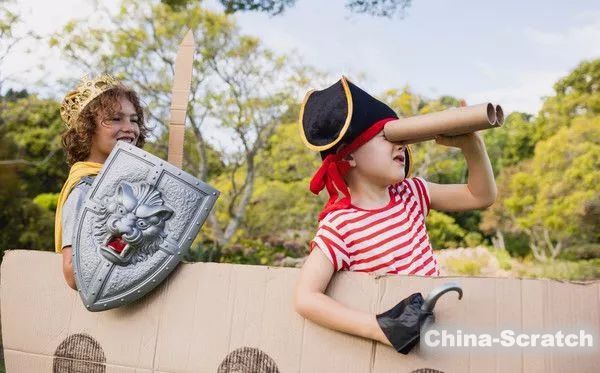
这次交流颠覆了我以往的认知,在每次发生一些小摩擦、或只是不小心碰倒了别人的乐高作品时,许多父母更倾向于强迫孩子们道歉。通常情况下,父母们先会表现出一个严厉的表情,质问孩子,“你说什么?!”然后,当孩子终于不情不愿嘀咕出一句“对不起”时,父母们就会感觉自我良好,觉得自己很好的教育了孩子什么叫做礼仪。
The exchange was such a departure from what I was used to seeing among parents, who tend to force apologies from their children for every accidental bump, whack, and knock-down of a just-built Lego masterpiece. Usually, they’ll give the kid a stern look, and ask, “Hey, what do you say?” Then, when the child mutters a robotic “sorry,” all is good! Manners! We’re teaching them!
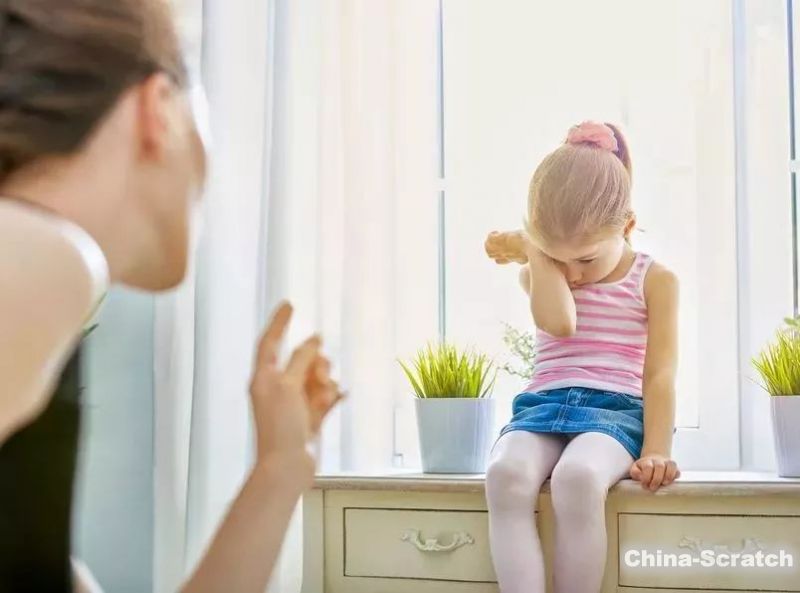
但实际上这种方法可能毫无意义,Heather Shumaker曾在她的书中写道:对于培养有能力和有同情心的孩子来说,可以允许ta不进行分享或违反规则。Shumaker解释说,孩子们喜欢“对不起”这个词,因为这个词能让他们摆脱困境。“这有点像教育孩子成为肇事逃逸的司机,”她写道。 说“对不起”的问题在于,许多年幼的孩子 - 比如学龄前的孩子 - 尚未达到道德发展的阶段,所以一昧强调“对不起”只会让父母错过了教导孩子学会同情的关键机会。
But this approach might be mostly meaningless, writes Heather Shumaker in her bookIt’s OK Not to Share and Other Renegade Rules for Raising Competent and Compassionate Kids. Children love the word “sorry,” Shumaker explains, as it magically lets them off the hook. “It’s a little like teaching kids to be hit-and-run drivers,” she writes. The problem with the “sorry” solution is that many young children—say, preschool age—haven’t reached a stage of moral development to actually feel sorry, so parents are missing a key opportunity to teach real empathy.
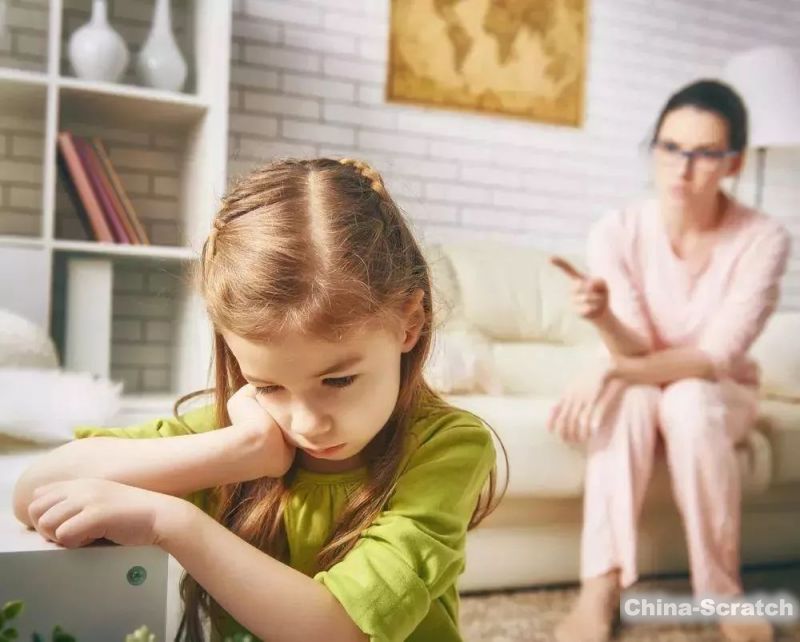
Shumaker写道:
年幼的孩子有时会欺骗我们。他们可以模仿“对不起”,甚至在另一个孩子哭泣时哭泣,但实际上大多数的孩子无法产生“抱歉”的情绪。孩子跟成人不同,大多数孩子可能从小就具备各方面的才能,但却缺乏对懊悔的情绪和认知发展。悔恨需要从他人的角度出发,要有充分理解因果关系的能力,而孩子缺乏这种能力。让年幼的孩子说“对不起”是一个错误的课程,就像在教他们:踢,说“对不起”,然后继续踢。
Shumaker writes:
Young kids sometimes fool us. They can mimic “Sorry” and even cry when another child cries, but most children are not capable of being sorry yet. Children differ—you may have an early bloomer—but most children simply lack the emotional and cognitive development to feel remorse. Remorse requires the ability to take another person’s perspective and fully understand cause and effect. These skills are still emerging in young children. Expecting young kids to say “Sorry” teaches them nothing more than a misguided lesson in sequence: kick, say “Sorry,” move on.
﹏﹏﹏﹏
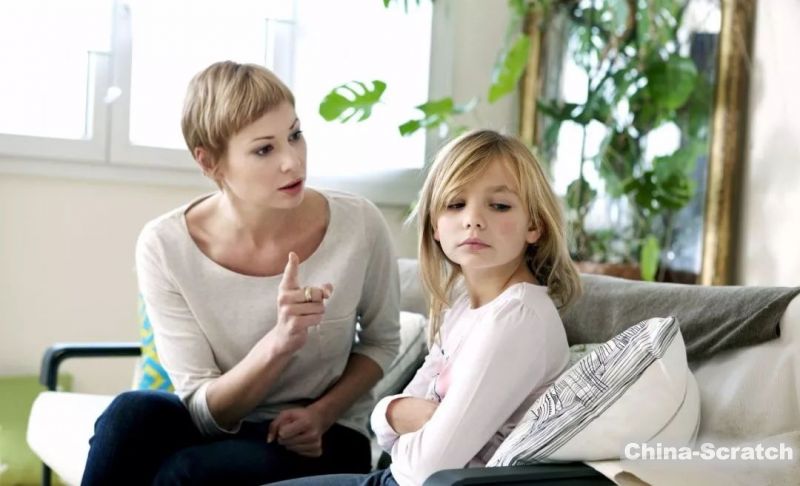
相反,父母可以通过解释不好的行为会产生后果,来帮助孩子发展道德同情,明白自己可以做些什么来改善事情的状况,并以身作则说“对不起”。
对于日常会发生的小事故,Shumaker提供以下步骤:
Instead, parents can help kids develop moral compassion by explaining that their actions have consequences, showing that they can do something to make things better and modeling ways to use the word “sorry” meaningfully.
For everyday accidents, Shumaker offers these steps:
1
和孩子们在一起
Shumaker解释说,有时候,当孩子们认为他们即将遇到麻烦时,他们会跑开。当发生这种情况时,你可以搂着孩子,告诉ta,“你不能离开,凯莉受了伤。就算你不是故意这样做,但她也受伤了,你得回来。“
Bring the Kids Together
Sometimes, when children believe they’re about to be in trouble, they run, Shumaker explains. If this happens, you can put an arm around the child, and say something like, “You need to come back here. Callie got hurt. Even if you didn’t mean to do it, she got hurt, and you need to come back.”
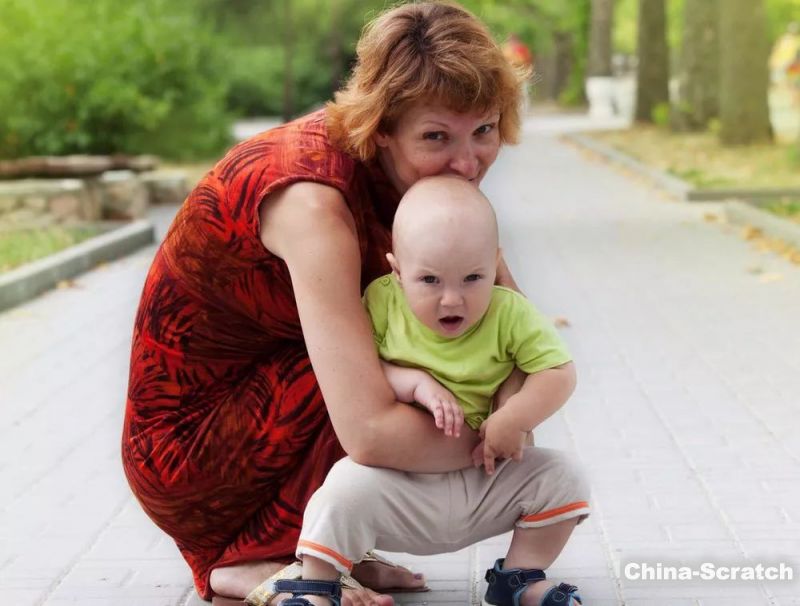
2
告诉孩子事件的详情
即使发生的事件一目了然,也需要仔细告诉孩子到底发生了什么事。比如“你的购物车从她的脚趾上压过去了。”“你碰倒了水,弄脏了她的画。”“你跳舞的时候甩到她的脸了。”
Tell the Child Who Caused the Accident
What Happened, And Be Specific
Even when what happened seems obvious,it needs to be pointed out to a young child. State the facts. “Your shopping cart ran over her toe.” “Your hand knocked the cup of water onto her painting.” “You were dancing and your arm whacked her face.”
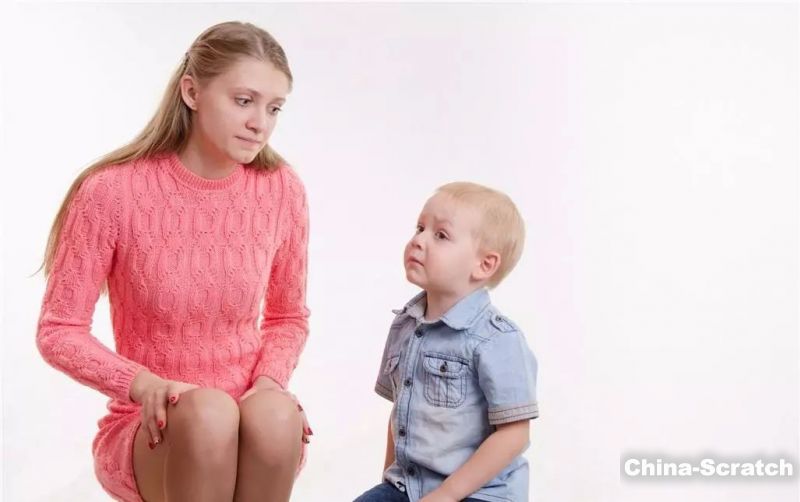
3
描述你看到的现象
检查事件的状况可以帮助孩子们发展同理心。强调他们的行为对另一个孩子(或成年人)产生的影响,并具体描述:“看,他在哭。他的胳膊上有一个划痕,他受伤了。“
Describe What You See
Examining the facts of the scene helps kids develop empathy. Emphasize the consequences of their actions for the other child (or adult), and be specific: “Look, he’s crying. There’s a scratch on his arm. It must hurt.”
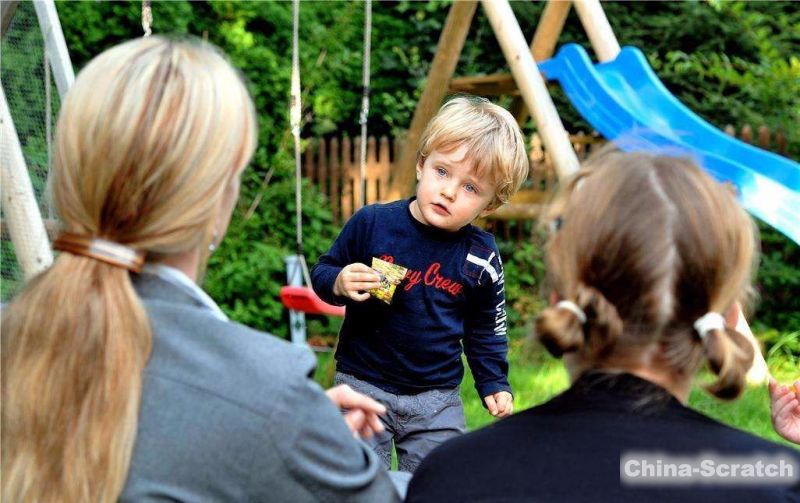
4
对伤害儿童的模仿移情
问那个孩子:“你还好吗?”
Model Empathy for the Hurt Child
Ask the child: “Are you okay?”
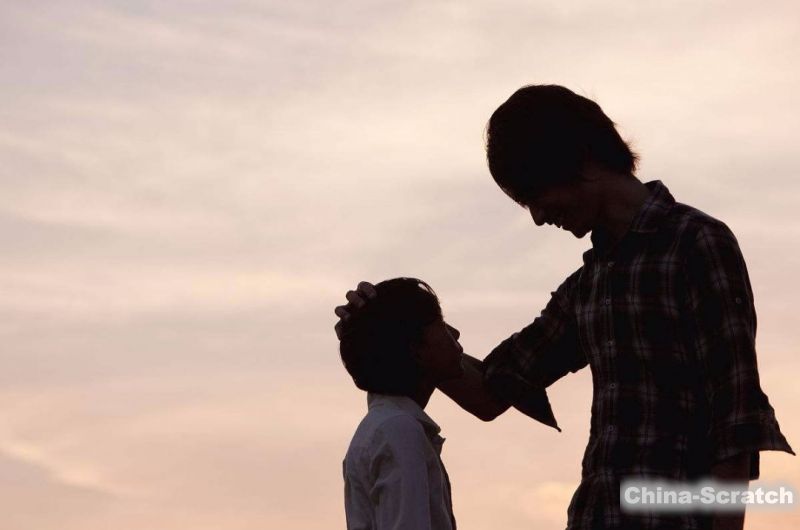
5
采取行动
书本上解释说,孩子可能无法完全理解悔恨,但他们擅长采取行动。他们可以跑去寻找创可贴或冰袋,或帮助清理自己制造的混乱。这有助于让孩子学会承担责任。
Take Action
While little kids may not fully understand remorse, the book explains, they are good at taking action. They can run to grab a Band-Aid or an ice pack, or help clean up the mess they made. Help them take responsibility.
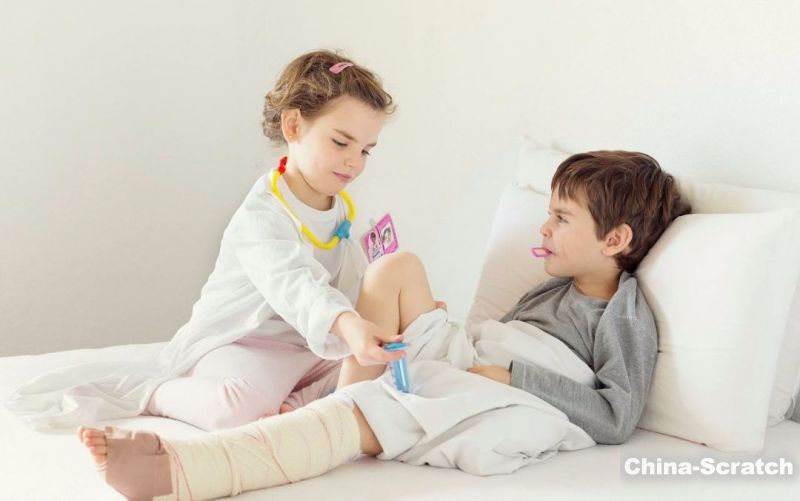
6
作出保证
Shumaker写道,“保证不会再有下一次比说‘对不起’来的有用多了。”她写道“为了重新建立孩子之间的信任,让造成事故的孩子向另一个孩子保证她不会再这样做了。你可以问‘你打算再打他吗?’,或让她说出‘我再也不会打你了’。”
Make a Guarantee
Shumaker writes, “Reassurance that it won’t happen again means something. ‘Sorry’ does not.” To reestablish trust among the kids, she writes, have the child who caused the accident make a guarantee to the other child that she won’t do it again. You can ask, “Are you going to hit him again?” or have her say the words, “I won’t hit you again.”
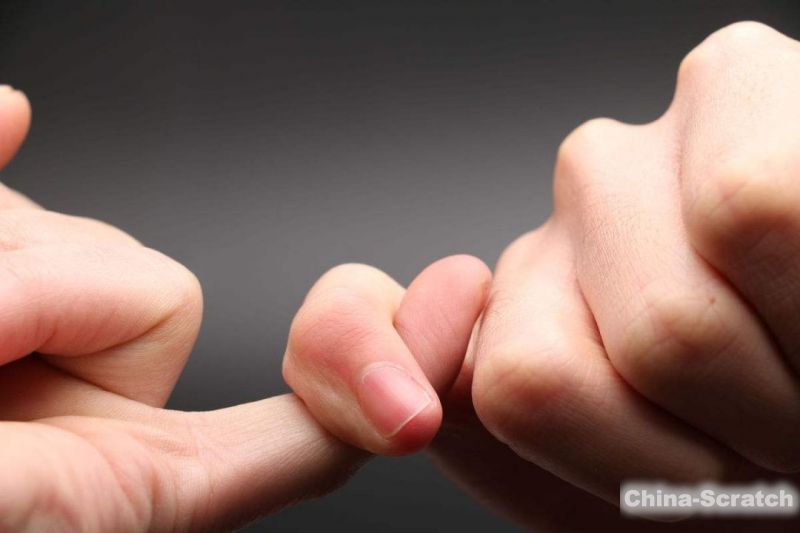
7
做好说“对不起”的榜样
我们确实希望孩子们能说“对不起”,Shumaker建议,当父母惹出一些意外时说声“对不起”,对孩子而言更具教导效果。让自己的道歉变得有意义,承认自己的行为的确实产生了不太好的后果,并采取措施进行改善。例如:“对不起,我忘了带你的泰迪熊,会让你午睡的时候有点难过。我会把这件事写下来,下次我就会记得了。“
Model Saying “Sorry” in Your Own Life
Eventually, we do want kids to say “sorry.” But instead of making them say “sorry,” Shumaker writes thatit’s more effective to model saying sorry when you as a parent screw up. Just make sure your own apologies are meaningful. That means acknowledging the consequences of your actions and taking steps to make things better. For example: “I’m sorry I forgot to bring your teddy bear to school day. You missed him during nap time. I’m writing it down on my list so I will remember next time.”
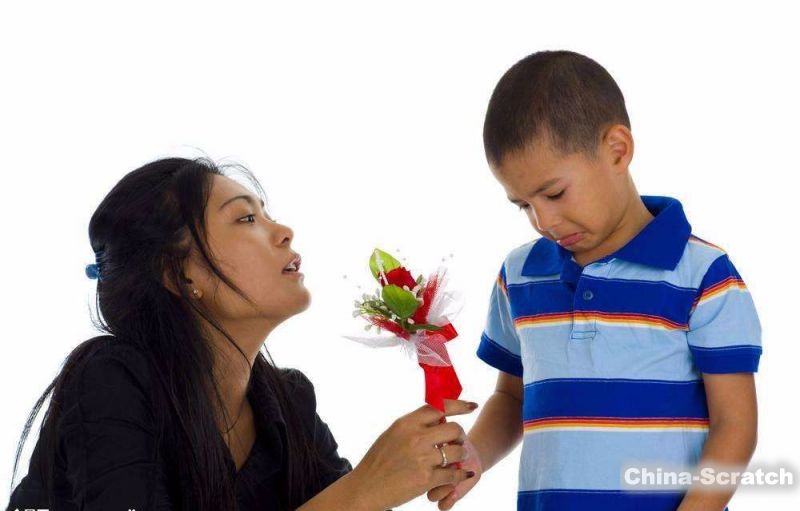
很快,孩子们就会自然而然的说出“对不起”。
Soon, kids say “sorry” without prompting, and they’ll really mean it.
声明:本文章由网友投稿作为教育分享用途,如有侵权原作者可通过邮件及时和我们联系删除



